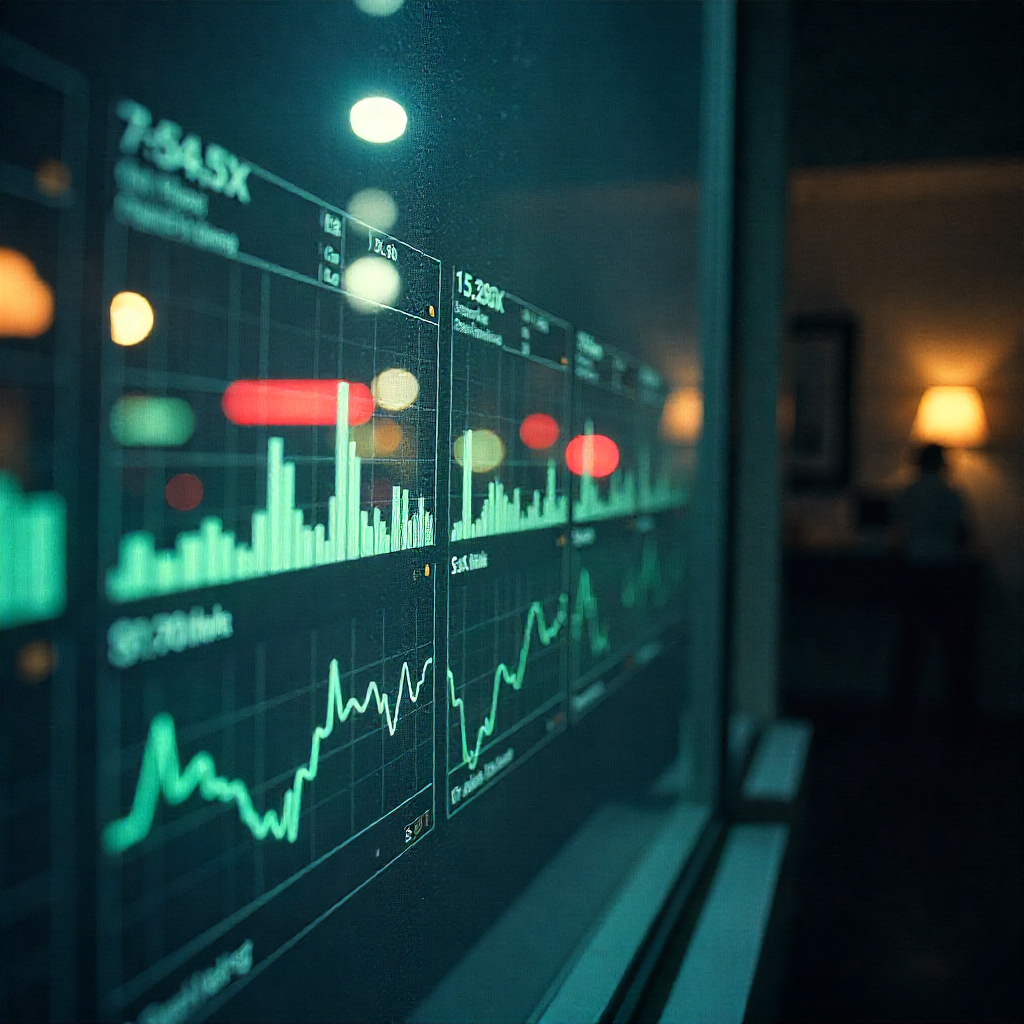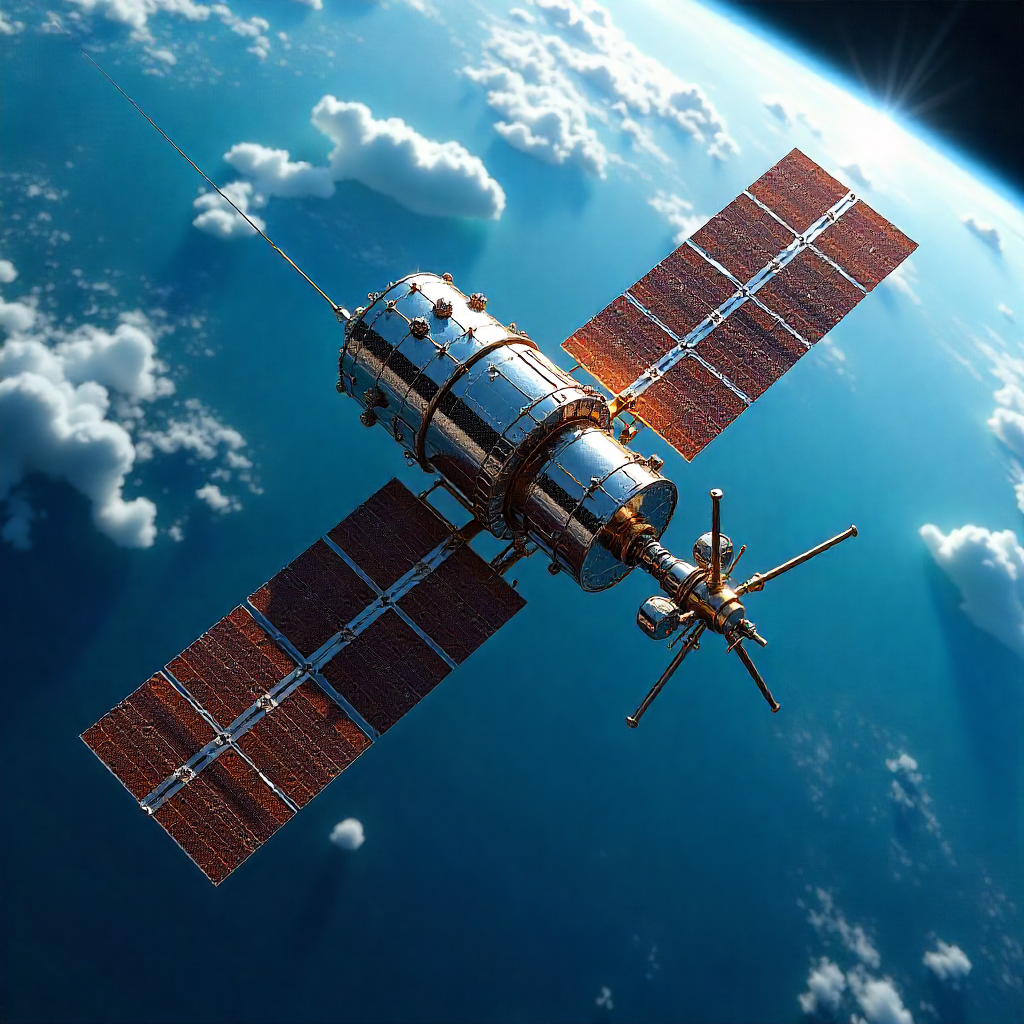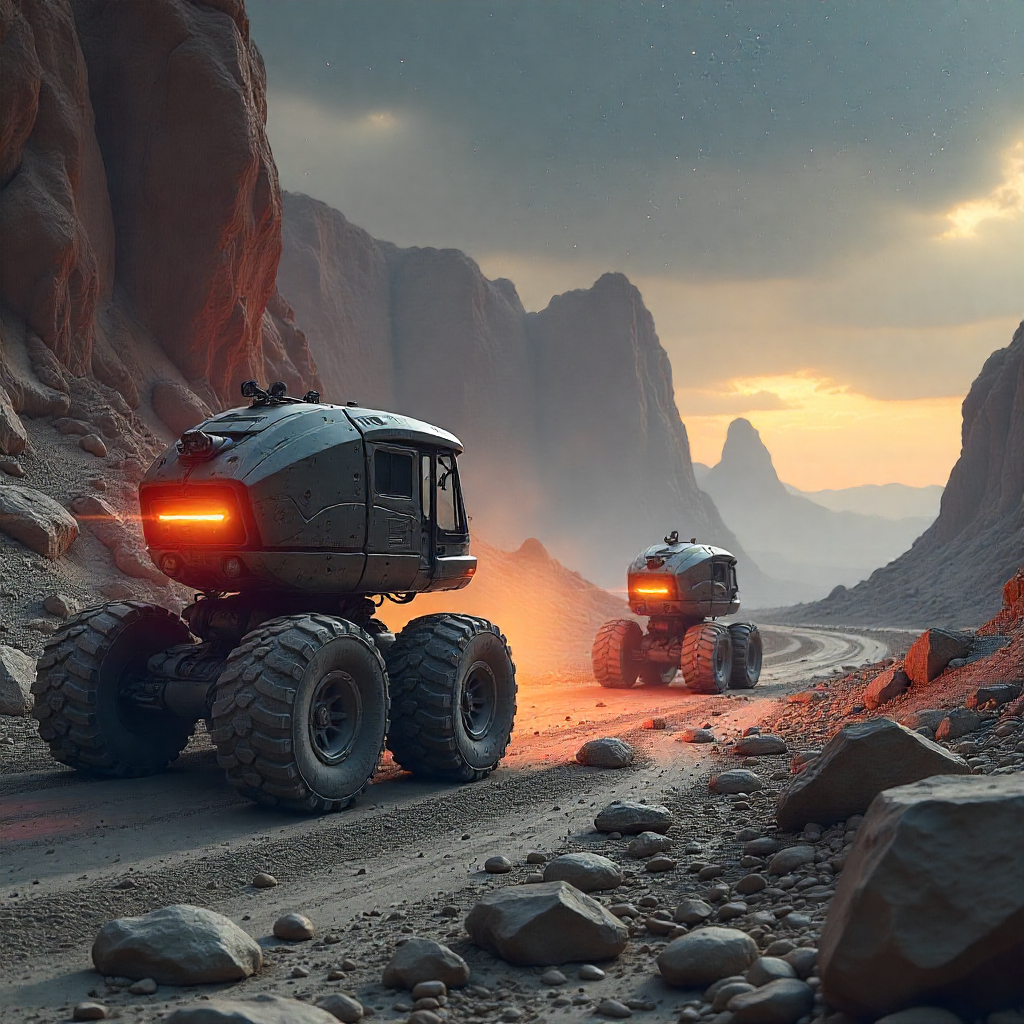The Eighth Continent: Why the $1.8 Trillion Space Economy is Humanity’s Final and Greatest Gamble
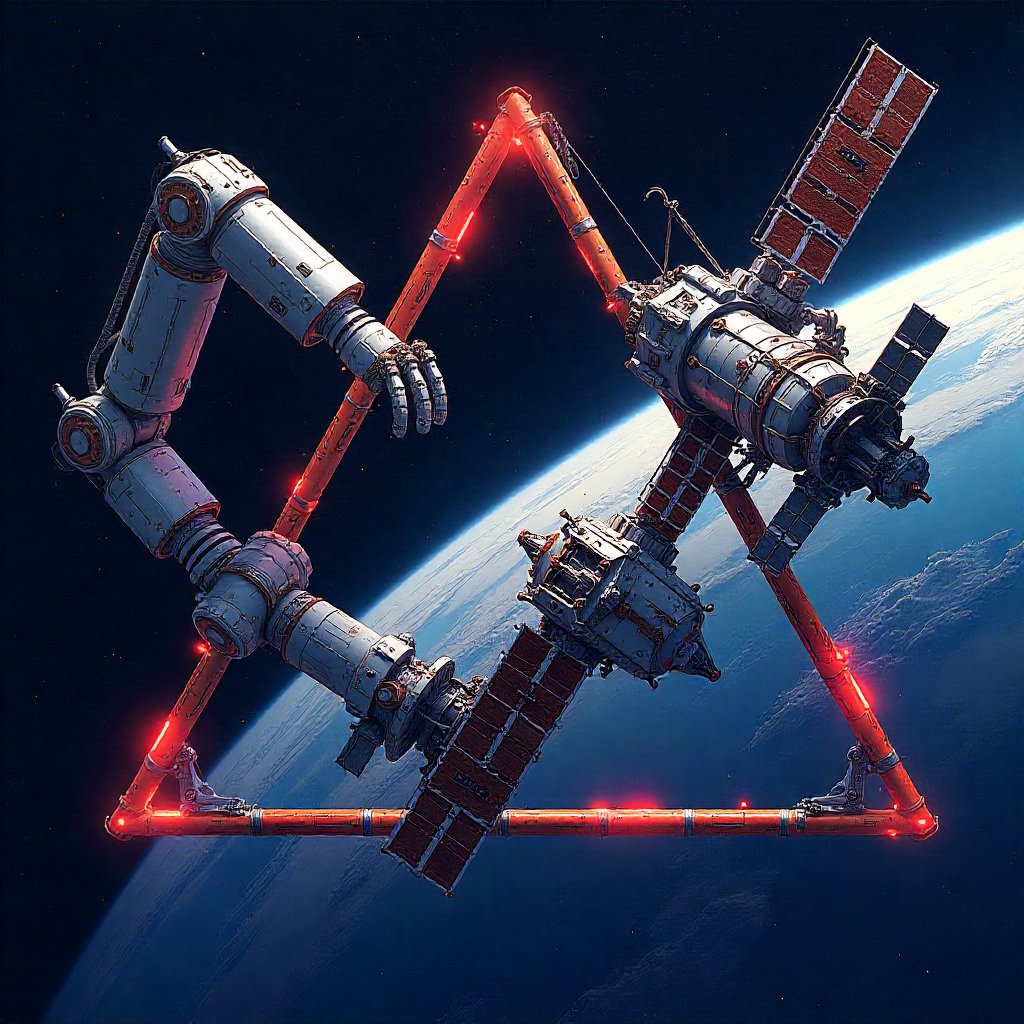
The Eighth Continent: Why the $1.8 Trillion Space Economy is Humanity’s Final and Greatest Gamble
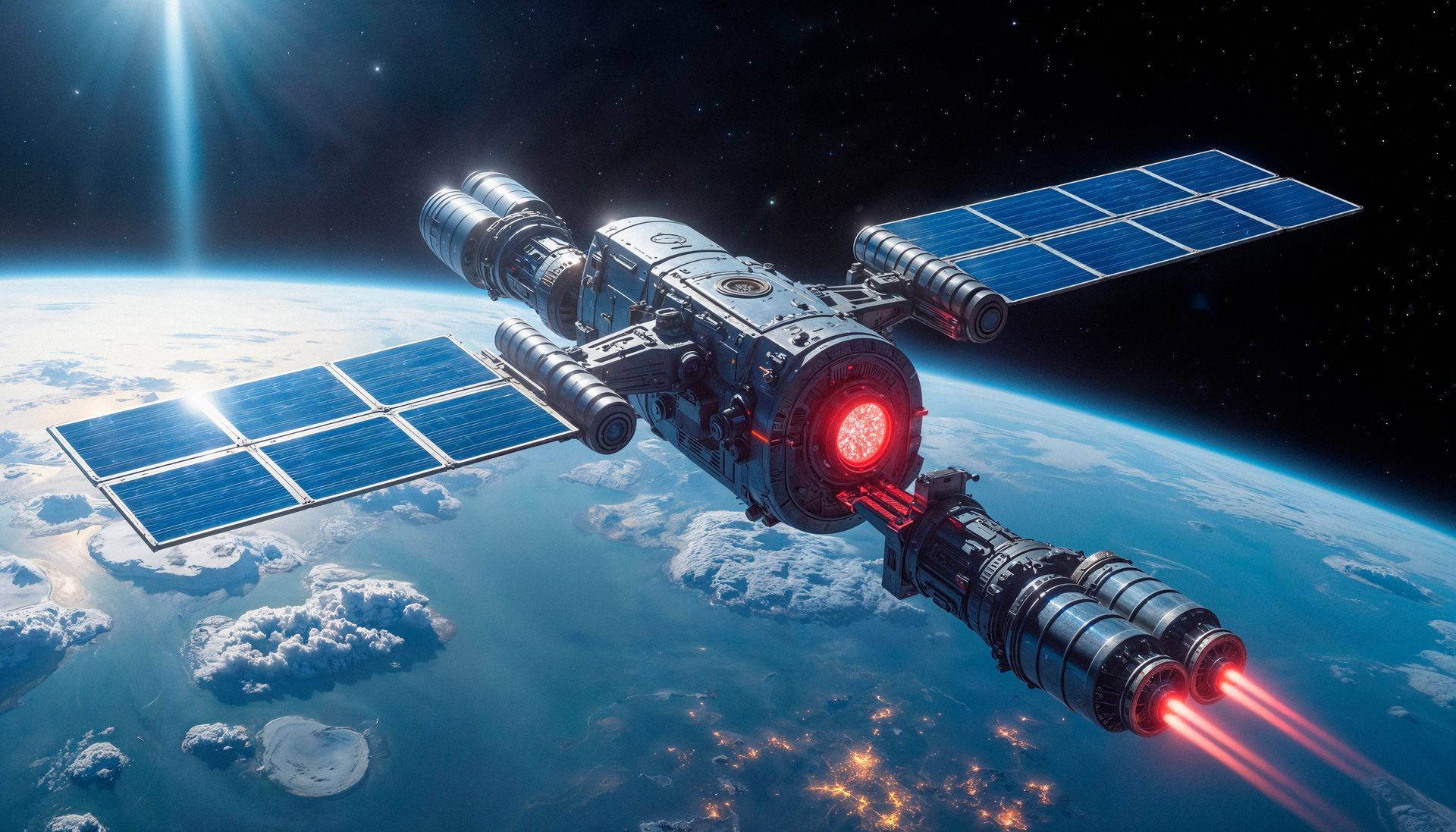
I stood on the swampy banks of the Space Coast thirty years ago, watching the Space Shuttle Atlantis tear a hole in the Florida sky. back then, the roar was the sound of national pride, of superpowers flexing distinct, geopolitical muscles. It was a game of flags and footprints.
Today, when I stand at Boca Chica or the Guiana Space Centre, the sound has changed. It is no longer the roar of politics. It is the deafening, visceral sound of the greatest industrial revolution in human history.
We are witnessing the death of "Space Exploration" and the violent, beautiful birth of the "Space Economy."
For decades, analysts have stared at the stars and seen romance. Now, the sharpest minds on Wall Street, in London, and in Shenzhen stare up and see an asset class. The projections are no longer science fiction: by 2035, the space economy will surge past the $1.8 trillion mark.
But to call this a "market opportunity" is an insult to the magnitude of the shift. This is not the next dot-com boom. This is the discovery of the Eighth Continent. It is the unlocking of a resource base that is, for all practical intents and purposes, infinite.
The End of the Gravity Tax
To understand the magnitude of this moment, you must understand the chain that has been broken. For all of human history, our economic ambitions were shackled by gravity. Every pound lifted to orbit cost a king’s ransom.
That era is over
With the advent of reusable launch architecture spearheaded by SpaceX but soon to be followed by a legion of competitors from Rocket Lab to Blue Origin the cost of access has collapsed. When the cost of transport drops, civilization expands. It happened with the spice trade; it happened with the railroad; it is happening now in the Exosphere. We are moving from a bespoke, artisanal approach to space to a shipping-container mentality.
The Invisible Infrastructure
The first trillion dollars won’t come from mining asteroids though that is coming it will come from the data rushing through the vacuum.
We are building a digital shell around our planet. Low Earth Orbit (LEO) is transforming into a mesh network of thousands of satellites that will obliterate the concept of "offline." This is the democratization of information on a planetary scale. From the farmer in rural Sub-Saharan Africa monitoring crop yields via hyperspectral imaging, to the autonomous ship navigating the Arctic Circle, the orbital economy is becoming the central nervous system of the terrestrial economy.
Space is no longer "out there." It is the invisible infrastructure that powers the device in your hand.
The Factory in the Sky
Here is where the mind truly reels. The most valuable real estate in the solar system isn't land; it's the lack of it.
Microgravity is the ultimate manufacturing environment. We are on the cusp of the "Made in Space" era.
- Bio-printing: Without gravity pulling tissues apart, we can print complex human organs hearts, livers, kidneys using a patient’s own cells. The organ waiting list could become a relic of history, solved in orbit.
- Perfect Crystals: ZBLAN optical fibers, manufactured in zero-g, are free of the defects caused by gravity, capable of transmitting data at speeds current physics struggles to comprehend.
- Semiconductors: The next generation of super-chips may not be etched in Taiwan, but in clean rooms floating 400 kilometers above our heads.
This is not speculation. These factories are being designed right now. The "In-Space Manufacturing" (ISM) sector is projected to rival the GDP of small nations within two decades.
The Platinum Heavens
And then, there is the resource imperative. We live on a planet of finite resources, yet we have built an economic model based on infinite growth. It is a mathematical impossibility unless we look up.
The asteroid belt is not just debris; it is a celestial bank vault. A single metallic asteroid can contain more platinum, cobalt, and rare earth elements than have ever been mined in human history. The first trillionaire will not be a software developer or a hedge fund manager. It will be an asteroid miner.
This is the moral argument for the space economy. By moving heavy industry and mining off-planet, we stop scarring the Earth. We can zone Earth for residential and light industrial use, and turn the solar system into our supply chain.
Conclusion: The Soul of the Investment
Critics will call this a playground for billionaires. They are missing the point. The $1.8 trillion figure represents a fundamental shift in the human condition.
For 30 years, I have covered the launches, the failures, and the triumphs. I have seen the fire. But what I see now is something different. I see a convergence of capital and courage.
We are not just buying stocks in rocket companies. We are investing in insurance against extinction. We are buying a backup drive for the biosphere. We are purchasing the ticket to a future where humanity is not a single-planet species, vulnerable to a single asteroid strike or a single climate catastrophe.
The $1.8 trillion opportunity is captivating because it appeals to our two deepest instincts: the primal desire for profit and the spiritual need for survival.
The window is open. The engines are lit. The wealth of the heavens is waiting. The only question remaining for investors, nations, and dreamers is simple:
Are you going to stay on the ground?
Contact Information
LONDON INSURANCE WEEK
PR
Email:
ellis@liw.global
Connect with us @LIWGLOBAL all Socials to continue the discussion
📅 Event: London Insurance Week 2026
🌐 More Info: https://www.liw.global/info
📌 Facebook :- https://www.facebook.com/LIWGLOBAL/
📌 Instagram :- https://www.instagram.com/liwglobal
📌 Twitter :- https://x.com/LIWGLOBAL
Event Information and Registration
Visit:
www.liw.global/tickets






